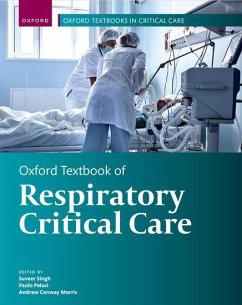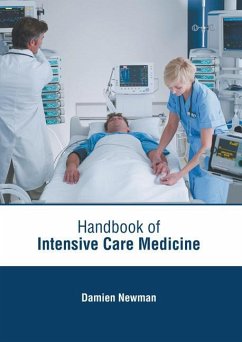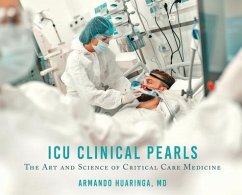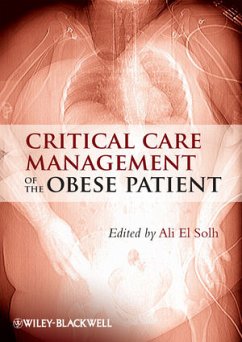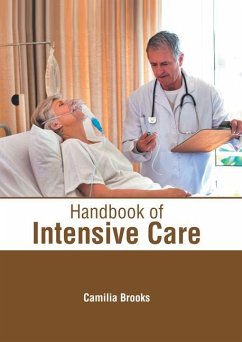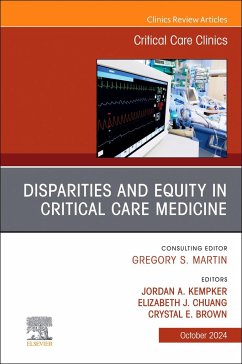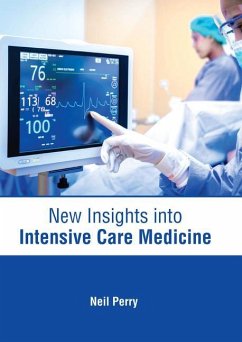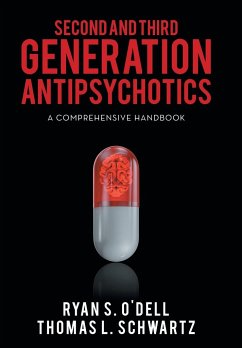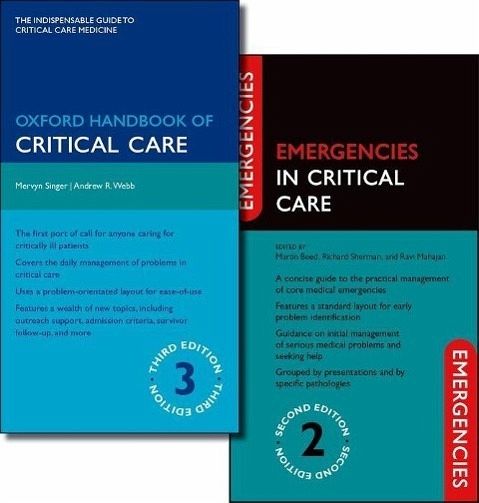
Oxford Handbook of Critical Care Third Edition and Emergencies in Critical Care Second Edition Pack
Versandkostenfrei!
Versandfertig in 2-4 Wochen

PAYBACK Punkte
51 °P sammeln!




Patient-centred and practical, this pack serves the consultant, trainee, nurse, and other allied health professionals as both a reference and aide memoir. This is an indispensable pack for all those working within critical care and includes a practical, accessible guide to emergency situations encountered in critical care.
Mervyn Singer is Professor of Intensive Care Medicine at University College London. He has published numerous books, reviews, chapters and original research publications in critical and acute medicine, and led single- and multi-centre clinical trials. His research interests include the pathophysiology and management of sepsis and multi-organ failure, shock states, tissue oxygenation, infection, haemodynamics and haemodynamic monitoring. Mervyn Singer, Bloomsbury Centre of Intensive Care Medicine, University College London, UK, and Andrew Webb, Medical Director and Consultant Physician, Department of Intensive Care, University College London Hospitals NHS, UK Dr Andrew Webb is Medical Director at UCL Hospitals and Consultant Physician in Critical Care Medicine. As a medical director his role is unusual in that it includes the executive and operational director responsibility for University College Hospital including the divisions of Critical Care & Theatres, Emergency Services, Medicines & Therapies, Pathology, Outpatients & Imaging and Surgery. He has been a Consultant in critical care medicine since 1989 and was Honorary Treasurer for the ICS during 2000-2003. He is currently chair of the Critical Care Advisory Committee for the Welsh Assembly Government. He has interests in haemodynamic monitoring, fluid management and healthcare management. Martin Beed graduated from Nottingham Medical School in 1994, and has worked in a wide variety of hospitals including being a medical SHO in the Shetland Isles. He trained in anaesthesia and intensive care in the Nottingham and East Midlands School of Anaesthesia; and has also worked for a year in the intensive care unit of the Royal Adelaide Hospital, Australia, where he developed an interest in the retrieval and transfer of critically ill patients by air or by road. He obtained a consultant post in Intensive Care and Anaesthesia in 2006 at the City Campus of Nottingham University Hospitals. Richard Sherman trained at The University of Sheffield Medical School. He gained his current position as Consultant in Critical Care & Anaesthesia at Nottingham City Hospital in 2002. He has been a member of the Intensive Care Society for over eight years. He is a qualified Advanced Trauma Life Support instructor and enjoys the educational aspect of his work. He is involved with undergraduate and trainee teaching, audit and research. Ravi Majahan joined the University of Nottingham in 1991 as a lecturer in Anaesthesia and Intensive Care, and was awarded chair in 2006. He has a drive for education and research, has been training programme director, honorary secretary of Anaesthetic Research Society, and has held many examinerships. His main research interests include cerebral vascular physiology, and vascular physiology in sepsis.
Produktdetails
- Verlag: Hurst & Co.
- 2nd Revised edition
- Erscheinungstermin: 24. Dezember 2013
- Englisch
- Abmessung: 183mm x 106mm x 50mm
- Gewicht: 663g
- ISBN-13: 9780199692804
- ISBN-10: 0199692807
- Artikelnr.: 37601005
Herstellerkennzeichnung
Libri GmbH
Europaallee 1
36244 Bad Hersfeld
gpsr@libri.de
Für dieses Produkt wurde noch keine Bewertung abgegeben. Wir würden uns sehr freuen, wenn du die erste Bewertung schreibst!
Eine Bewertung schreiben
Eine Bewertung schreiben
Andere Kunden interessierten sich für


